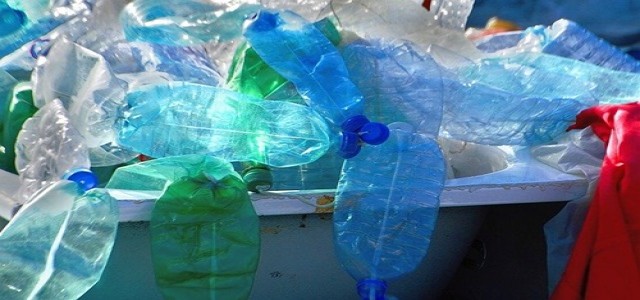
World leaders, representatives, and environment ministers from over 173 countries have reportedly agreed to form a legally binding treaty to curb plastic waste, a unified action that is being described as a historic moment by many.
The decision, approved at the United Nations Environment Assembly in Nairobi, Kenya, called for the negotiation of a treaty encompassing the complete full lifecycle of different plastics, from production to disposal, during the coming two years.
The treaty has been dubbed the most significant multilateral environmental agreement ever since the Paris climate accord in 2015 by the head of the UN Environment Program (UNEP).
Around 7 billion tons of the expected 9.2 billion tons of plastics manufactured between 1950 and 2017 have been discarded. Approximately 75% of this waste is thrown in landfills or gathers in terrestrial and aquatic areas and ecosystems.
Inger Andersen, the UN Environment Program's Executive Director, hailed the agreement as a victory for planet Earth over single-use plastics but cautioned that the objective did not offer stakeholders a two-year break.
The UN, which has been conducting meeting in Nairobi this week to review the terms of a treaty, concurred that it should address plastic manufacture and design, not simply waste. The resolution created an intergovernmental negotiating body to negotiate and approve the treaty. It will begin construction this year and is expected to be completed by 2024.
As per NGOs, the resolution includes clauses to recognize waste pickers, a revolutionary move that would affect millions of individuals, as well as acknowledgment of indigenous peoples' participation.
The resolution demands action to tackle plastic production, which is anticipated to grow thrice by 2050 and consume 10-13% of the global carbon budget.
The agreement will be backed by technical and financial support, along with the chance of dedicated global financing as well as a scientific council to advise it.
The treaty was approved at the close of the three-day UNEA-5.2 meet, which drew over 3,400 in-person delegates plus 1,500 online attendees across 175 UN member states, including 17 high-ranking officials and 79 ministers.
Source credit: https://www.theguardian.com/environment/2022/mar/02/world-leaders-agree-draw-up-historic-treaty-plastic-waste




